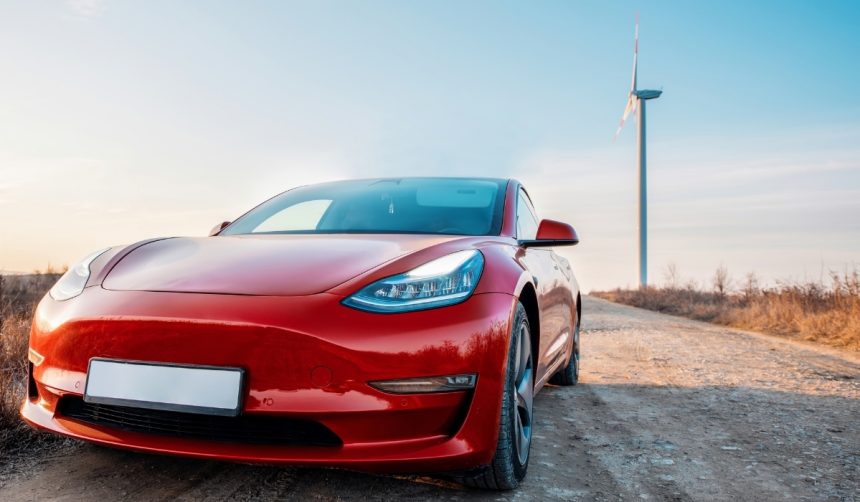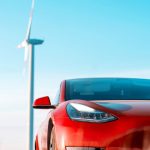In a series of targeted attacks, a Washington, D.C. resident has been apprehended for vandalizing multiple Tesla vehicles across the Northeast region. The suspect’s actions have heightened concerns about property security and have sparked discussions on the motives behind such acts. Community members express unease as authorities work to prevent further incidents.
Previous reports have indicated sporadic vandalism against electric vehicles, but the recent surge targeting Tesla cars marks a significant escalation. Unlike earlier isolated cases, this series of attacks suggests a more deliberate and organized effort to undermine Tesla’s presence in the area.
What Led to the Vandalism Spree?
Justin Fisher, 49, is charged with four misdemeanors for defacing Tesla properties between March 1 and March 21, 2025. The incidents occurred in various blocks of K Street, 11th Street, F Street, and G Street, indicating a pattern of targeting specific locations.
How Are Authorities Responding?
“The so-called ‘Tesla Takedown’ is domestic terrorism, and my team is taking it on front and center,”
stated U.S. Attorney Edward R. Martin Jr. He emphasized the severity of the attacks, highlighting their intent to intimidate and suppress political discourse.
What Are the Legal Implications?
“If you target Tesla and break the law, then you can expect consequences,”
asserted Attorney General Pamela Bondi. The designation of these acts as domestic terrorism elevates the legal stakes, signaling a firm stance against ideologically driven property crimes.
Fisher appeared in Superior Court and was released on personal recognizance, with his initial hearing scheduled for June 10, 2025. The case reflects ongoing tensions surrounding Tesla, a company that continues to evoke both admiration and criticism from the public.
Balancing the right to free expression with the need for accountability remains a challenge in this case. As investigations proceed, authorities aim to uncover Fisher’s motivations, which may shed light on broader societal issues influencing such actions.
Addressing vehicle vandalism, especially against prominent brands like Tesla, requires a multifaceted approach. Enhancing community engagement and increasing surveillance in targeted areas could mitigate future incidents. Additionally, understanding the underlying motivations of offenders is crucial for developing effective prevention strategies.










